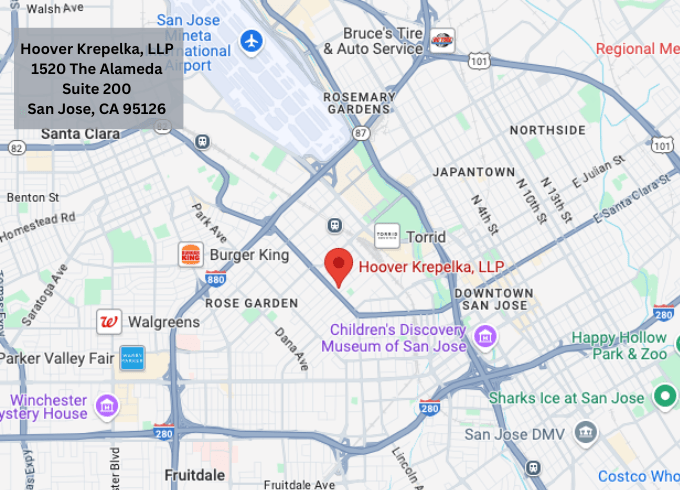When you got divorced, your spouse convinced the judge that you must pay spousal support. Things have changed since then, and you may wonder if you can stop paying it.
Spousal support is what many refer to as alimony. California judges may award it at their discretion in a divorce. Yet, the rules about it are less set in stone than some other states meaning a lot comes down to how well you each argue your case.
Spousal support can be temporary or permanent
If the court awarded you pay temporary spousal support, this should have ended when you finalized the divorce. It is a stop-gap solution until you have a chance to argue for and against permanent spousal support.
It is best to think of permanent spousal support as long-term spousal support because there are reasons for which it may end. Here are some of them;
- You can no longer afford to pay it: If you lose your high-paying job, you may need to reduce the amount you pay or do away with it altogether.
- Your spouse no longer needs it: If your spouse remarried or moves in with a new partner, this may be grounds to end your payments. Equally, if they gain employment that provides enough income, you may argue they can support themself.
- The judge set it for a limited period: If you were only married for a few years and a judge awards spousal support, they are likely to limit the payments to less than the length of the marriage.
Understanding how a judge thinks and what laws they must abide by is essential to successfully argue for an end to spousal support you pay.






